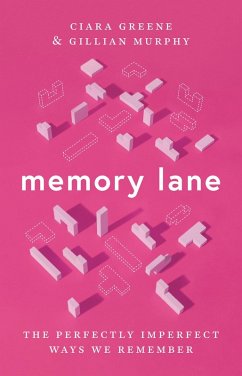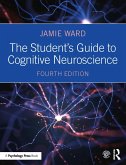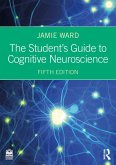An illuminating look at the adaptive nature of our memories-and how their flexibility and fallibility help us survive and thrive We tend to think of our memories as impressions of the past that remain fully intact, preserved somewhere inside our brains. In fact, we construct and reconstruct our memories every time we attempt to recall them. Memory Lane introduces readers to the cutting-edge science of human memory, revealing how our recollections of the past are constantly adapting and changing, and why a faulty memory isn't always a bad thing. Shedding light on what memory is and what it evolved to do, Ciara Greene and Gillian Murphy discuss the many benefits of our flexible yet fallible memory system, including helping us to maintain a coherent identity, sustain social bonds, and vividly imagine possible futures. But these flexible and easily distorted memories can also result in significant harm, leading us to provide erroneous eyewitness testimony or fall victim to fake news. Greene and Murphy explain why our flawed memories are not a failure of evolution but rather a byproduct of the perfectly imperfect way our minds have evolved to solve problems. They also grapple with important ethical questions surrounding the study and manipulation of memory. Blending engaging storytelling with the latest science, the authors demonstrate how our continuous reconstruction of the past makes us who we are, helps us to interpret our experiences, and explains why no two trips down memory lane are ever quite the same.
Dieser Download kann aus rechtlichen Gründen nur mit Rechnungsadresse in A, D ausgeliefert werden.









